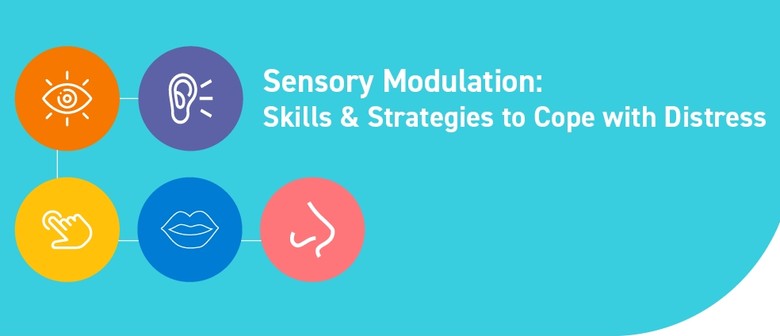Sensory Modulation
40 Waimea Rd, Nelson, Nelson / Tasman
Ticket Information
- Additional fees may apply
Restrictions
Website
Listed by
This workshop will introduce how using sensory modulation as a clinical or community-based intervention can support service users to moderate their sensory input and maintain or regain a sense of calm.
Not only will it provide an overview of the anatomy and function of the brainstem and limbic system in relation to neural regulation, but it will show how trauma alters the nervous system, and what we might do to minimise distress.
Since implementing sensory modulation in 2010, the team at North Shore One has had feedback from service users about the benefits of the intervention. Service users, as well as the people close to them, credit sensory modulation for helping them to feel calmer, relieve anxiety, cope better and decrease the need for re-admission to hospital. Evidence suggests that sensory modulation is a useful way of demonstrating to service users that they can choose more useful ways to respond to distress when given the right tools and environment.
This workshop involves discussion about the theoretical basis of sensory modulation, but the focus is on examining ways of applying practical strategies to everyday life. During this workshop, the group will brainstorm coping strategies and work through handouts to help each person identify things that have calming or alerting effects on them.
It is important that delegates maintain a sense of playfulness and curiosity as they get to try a range of sensory tools and practice using different strategies to moderate their level of arousal as giving real-life examples of sensory modulation is a crucial way of personalising and normalising the skills being taught.
This then reinforces delegate understanding of how sensory modulation is based on skills that anyone can use to cope with overwhelming emotions or experiences.
Learning outcomes:
The workshop is broken into three key sessions where delegates explore:
What is sensory modulation and how can I use it in my practice to allow service users to feel better?
- Understand the influence of the nervous system.
- Identify stimuli that are calming versus alerting.
- Understand the role of sensory modulation in acute situations.
- Understand the role of a sensory diet in maintaining a calm state of arousal.
What are the tools available and how can I incorporate them in my practise?
- Introduce the concept of arousal level.
- Trial and understand use of weighted modalities.
- Understand use of the sensory room.
- Trial a range of sensory tools.
- Begin to identify which tools/strategies may enable us to maintain an optimum arousal level.
What are the tools, how do they make service users feel, and how do we monitor these?
- Identify which tools/strategies may enable us to maintain an optimum arousal level.
- Observe arousal levels through a ‘normal’ day.
- How to create a sensory diet.
- Identify a range of strategies to use when working with a distressed/anxious service user.
Andrea Dempsey:
Andrea Dempsey is the professional lead for occupational therapy in mental health at Waitemata DHB. She has taken a lead in implementing sensory modulation and trauma informed strategies both locally and nationally and is a recognised and a compassionate authority on how we can use these tools to improve the experiences of service users.
Andrea has recently also completed her masters thesis investigating a brief sensory intervention for people experiencing anxiety.
Log in / Sign up
Continuing confirms your acceptance of our terms of service.






Post a comment